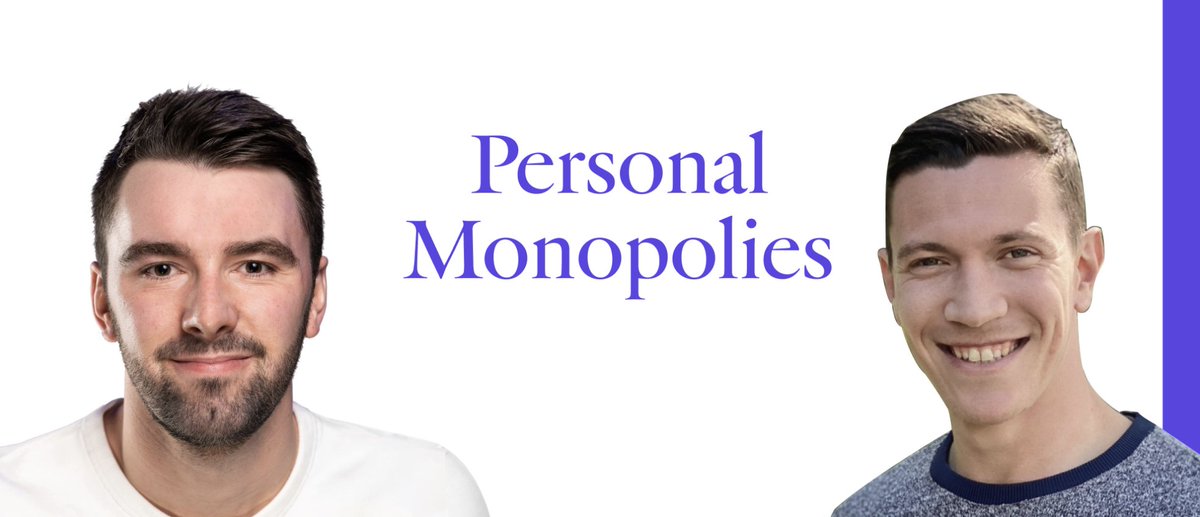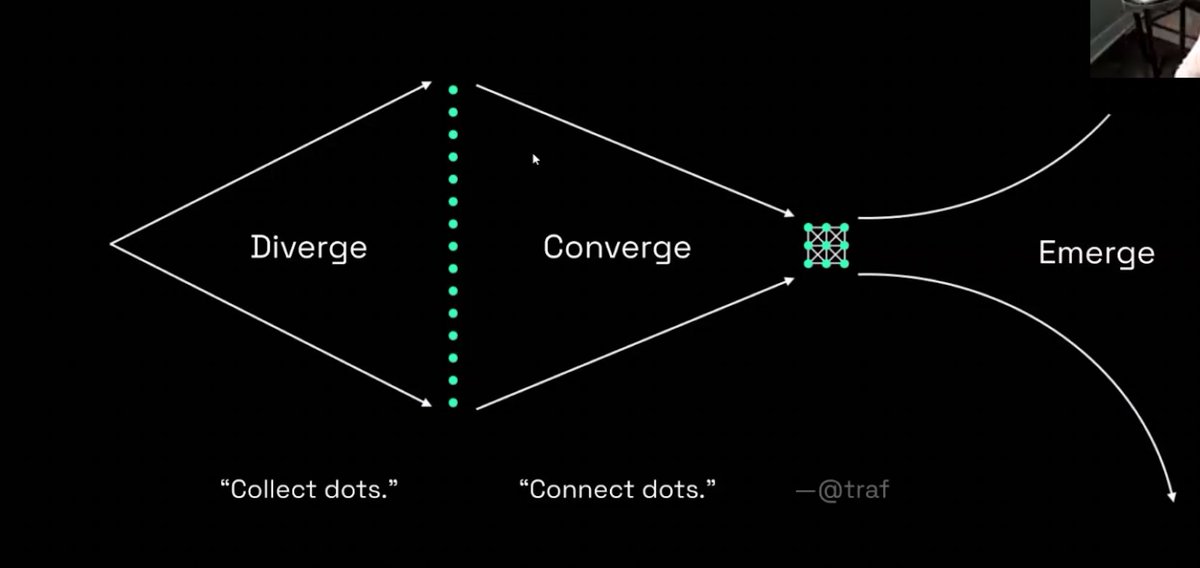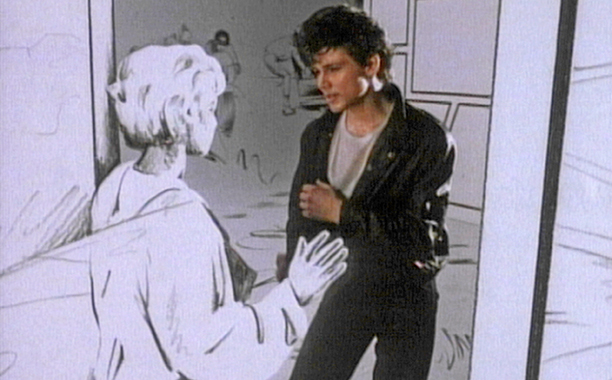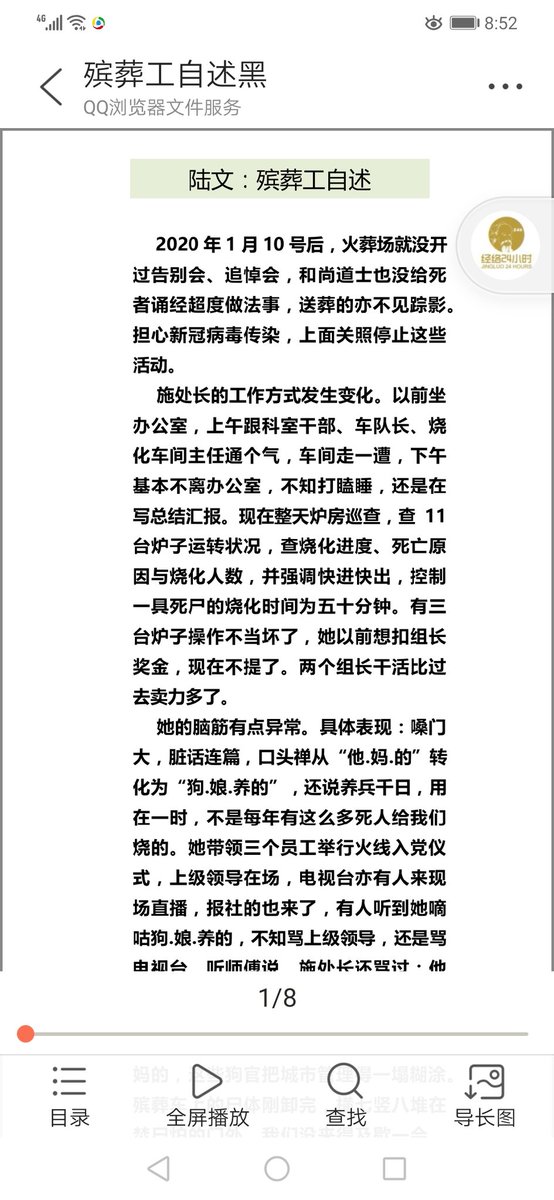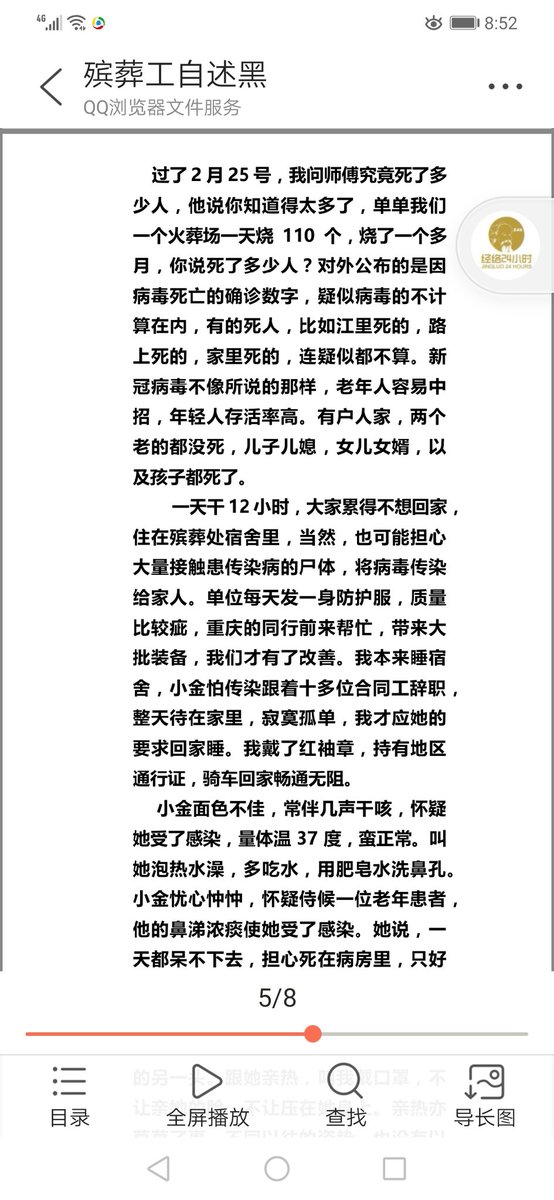A lot happened in my MSc: I won several scholarships, my Dad died, I submitted my thesis work to a major conference, annnd there was the pandemic.
I’ve had a fantastic MSc experience (almost done!) and have been talking to a lot of incoming or current students. Some topics / questions come up a lot. Here’s what I know!
🧵 Tips for an awesome MSc experience.
#AcademicTwitter #AcademicChatter @OpenAcademics @academeology
A lot happened in my MSc: I won several scholarships, my Dad died, I submitted my thesis work to a major conference, annnd there was the pandemic.
Choosing a thesis topic: Read read read.
What are you interested? Pick an umbrella topic and start reading. Follow the rabbit holes. Write questions, answers, more questions. When you find questions you cannot answer, you might have a thesis topic.
My first semester a professor said “if your research ideas don’t change, you haven’t learned anything.”
No one is going to pull up your SOP and hold you to whatever you said you were interested in upfront.
What will you do, broadly? One study? Two? A review paper? Meta-analysis? As early as possible, find out what YOU actually need to do to complete your thesis. ESPECIALLY if you’re in a lab with lots going on. What is YOUR requirement?
Make up a timeline with your PI. Consider your goals: do you want to submit to a particular conference? Conduct a follow up study? Work backwards. When do you need data? Ethics? Your proposal done? The best thing I did was set goals and work backwards to time it.
If you do human or animal research you need ethics approval. Look into the process right away. Different schools follow different procedures. Black out dates, differing protocols depending on your sample, etc. could all impact your timeline. Look into this ASAP.
I use Mendeley, others use Zotero. It doesn’t really matter, just use one starting immediately. It will save you HOURS and help you stay organized. Make it a top priority to get comfortable with a referencing software.
I guarantee you that your department has a badass and under utilized librarian. The first time you do a lit review, see the librarian. Writing your first paper? Librarian. Unsure about how to cite/reference? You guessed it. Librarian!
This could be a whole other thread, but in short: apply to everything you are eligible for. Put them on your calendar, get crystal clear on the requirements and START EARLY. I have held 4 scholarships during my MSc worth $45,000.
You’re going to work one-on-one with your PI a lot but there are other people in your department who will make your experience better. Stop in the hall and talk to them. Read their papers. Still online? Invite them for virtual coffee.
You have probably heard that your relationship with your supervisor is important it SO TRUE. If you still have some choice, choose someone who get along with, whose mentorship style works for you, and who supports your goals.
You will need work ethic and a plan, particularly once you no longer have courses and the structure ends. I work in time blocks. Find what works for you and work every day.
Grad school is not a straight line. Things happen. Like I mentioned, I had a major blow: my Dad died. I have learned, though, that the more you work consistently and the more you have a plan, the more you will be buffered against the blows.
Don't just track of your accomplishments; pay attention to what learned to do. Data analysis. Lit review. Grant writing. These are transferable skills into both PhD and industry. Think about this - constantly.
If you ever look at your schedule or consider taking on a project and think “Ok... if I stick to this EXACT schedule... ” then you have over done it. If sleeping through your alarm would make your life fall apart, it's too much.
My friend and I are also hosting a Clubhouse Room tonight at 8PM EST on these topics and more. All are welcome! https://t.co/RJCF2vlNjG
More from Education
The outrage is not that she fit better. The outrage is that she stated very firmly on national television with no caveat, that there are no conditions not improved by exercise. Many people with viral sequelae have been saying for years that exercise has made them more disabled 1/
And the new draft NICE guidelines for ME/CFS which often has a viral onset specifically say that ME/CFS patients shouldn't do graded exercise. Clare is fully aware of this but still made a sweeping and very firm statement that all conditions are improved by exercise. This 2/
was an active dismissal of the lived experience of hundreds of thousands of patients with viral sequelae. Yes, exercise does help so many conditions. Yes, a very small number of people with an ME/CFS diagnosis are helped by exercise. But the vast majority of people with ME, a 3/
a quintessential post-viral condition, are made worse by exercise. Many have been left wheelchair dependent of bedbound by graded exercise therapy when they could walk before. To dismiss the lived experience of these patients with such a sweeping statement is unethical and 4/
unsafe. Clare has every right to her lived experience. But she can't, and you can't justifiably speak out on favour of listening to lived experience but cherry pick the lived experiences you are going to listen to. Why are the lived experiences of most people with ME dismissed?
Why is it such a source of collective outrage that a person with fatigue following a viral illness gets better?https://t.co/5lcwQBPLU5
— Trisha Greenhalgh \U0001f637 #CovidIsAirborne (@trishgreenhalgh) January 30, 2021
And the new draft NICE guidelines for ME/CFS which often has a viral onset specifically say that ME/CFS patients shouldn't do graded exercise. Clare is fully aware of this but still made a sweeping and very firm statement that all conditions are improved by exercise. This 2/
was an active dismissal of the lived experience of hundreds of thousands of patients with viral sequelae. Yes, exercise does help so many conditions. Yes, a very small number of people with an ME/CFS diagnosis are helped by exercise. But the vast majority of people with ME, a 3/
a quintessential post-viral condition, are made worse by exercise. Many have been left wheelchair dependent of bedbound by graded exercise therapy when they could walk before. To dismiss the lived experience of these patients with such a sweeping statement is unethical and 4/
unsafe. Clare has every right to her lived experience. But she can't, and you can't justifiably speak out on favour of listening to lived experience but cherry pick the lived experiences you are going to listen to. Why are the lived experiences of most people with ME dismissed?




